Clark Kent, a journalist for the Daily Planet, moonlights as Superman protecting the citizens of
Metropolis. Billionaire bachelor Bruce Wayne overlooks the empire that is Wayne Enterprises, while cleaning up the violent streets of Gotham during the night as Batman. But, as the saying goes: not all heroes wear capes. Such is the case of Michael Hippke, who by day works as an IT manager in Düsseldorf, Germany, but by night, discovers the secrets of the universe, consistently publishing results in the field of Astrophysics. I had the pleasure of meeting with Michael a while back, and we talked about his trajectory in science, how he hopes to get the general public to engage into Science, and how something as simple as a garden with a telescope is enough to inspire the next generations.
Trained as an economist at the Universities of Magdeburg and Glasgow, to do Astrophysics he utilizes the computational savvy acquired in quantitative finance, producing cutting-edge research on Exoplanets, Exomoons, Exotrojans and our general extended universe. These are classified as variable stars, as from our point of view, they vary significantly in brightness, suggesting at times things as simple as another object blocking the object, but at other times, offers information on the stars’ rotation and orbit. Though Superman would be able to perhaps visit these stars flying over on his own, Michael makes use of the Kepler Space Telescope, which produces data faster than scientists can analyze it. This is truly a shame,
as there are so much people that look to the stars with great wonder and are always interested in the next great discovery, which may be just sitting in a dataset on a computer at a NASA or ESA center.
That’s why, as a self-denominated “gentleman scientist”, Michael visits Universities and encourages everyday citizens interested in science to do as he does, as they have something many learners often lack: drive. “In school, I was never good at learning the French language, because I didn’t have the drive behind it for liking it; however, I’ve always been interested in physics and space research, and though I ended up studying economics, I always knew I wanted to contribute to this field in some way” remarked Hippke.
“It isn’t about becoming famous, but having fun and showing others how even if you’re just a hobbyist, you can make great contributions”, he continued. Nonetheless, he also stressed the importance of being measured and sensible about the discoveries one may make, and that Scientific Communication is key in going beyond just publishing your work, and making your work understandable to the public, without being too sensationalist. “A while ago, I worked on a project where people started talking about the potential of a planet to sustain alien life, and it was quickly blown out of proportion, and we really had to do some damage control and to correct misunderstandings”, he reminisced.
Though University lectures to clear up such fiascos can sometimes take up the brunt of his scientific outreach events, the project he holds closest to heart is quite a bit simpler. “I find it amazing to teach kids about the stars and see them understand the way our moon takes over the night sky, something that eludes even most adult humans”, he said, almost eluding to his Kryptonian nature, as he painted the picture of the small telescope he keeps in his garden whenever his 2 kids want to spend a night under the night sky.


